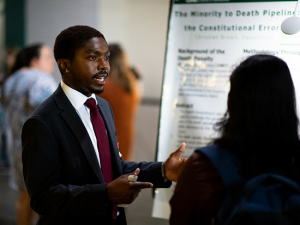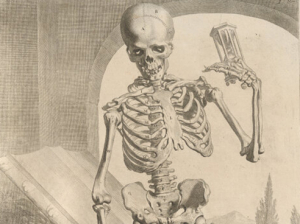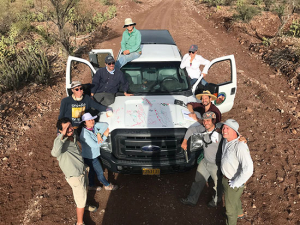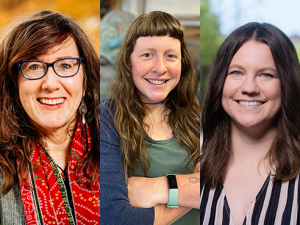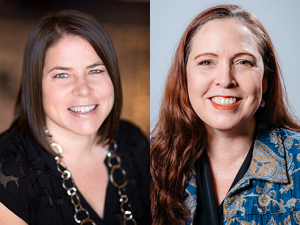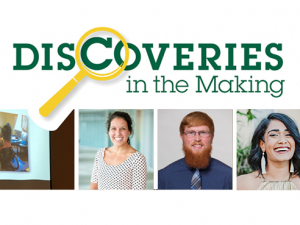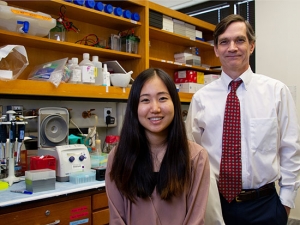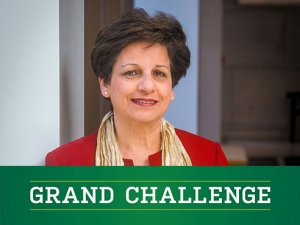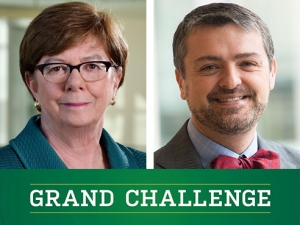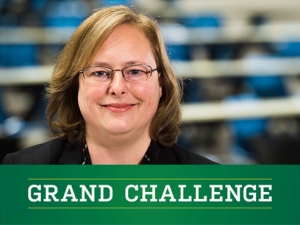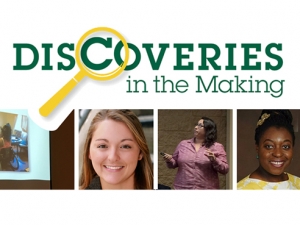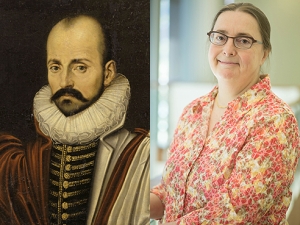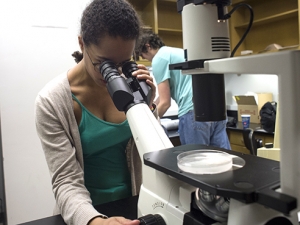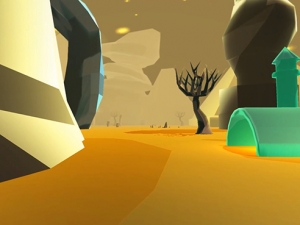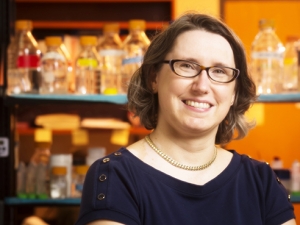 In recognition of International Open Access Week Oct. 24-28, the UAB Libraries Office of Scholarly Communication will host events aimed at educating the UAB community about the benefits of Open Access publishing in academic and research communities.
In recognition of International Open Access Week Oct. 24-28, the UAB Libraries Office of Scholarly Communication will host events aimed at educating the UAB community about the benefits of Open Access publishing in academic and research communities.
Open Access to information, or the free, immediate, online access to the results of scholarly research, and the right to use and re-use those results as needed, plays a crucial role in making advances in research and scholarship equitability, says Jeff Graveline, J.D., professor and associate dean for Research and Scholarly Communication for UAB Libraries. UAB employees and students can access millions of online resources with just their BlazerID and password — but those same resources would come at a high cost to unaffiliated individual scholars, clinicians, patients, consumers, policy-makers and others who could benefit from accessing resources. When scholarship is published as Open Access — such as in well-known and highly cited journals like ones found in the PLOS and Frontiers collections — it removes that financial barrier and better enables the sharing of important information.
“Open Access levels the playing field among researchers and scholars,” Graveline explained. “It’s different from the traditional publishing model because it’s available on the open web for no charge anytime, anywhere in the world, for anyone to use.”
Learn more about Open Access during these upcoming events:
Expanding Open Access scholarship on campus
Hear from Alabama librarians spearheading Open Access initiatives on how they have worked to make their campuses more Open Access-friendly and what they learned during the process and ask questions during a panel session moderated by Marla Hertz, Ph.D., research data management librarian in UAB Libraries, 1 p.m. Oct. 24 on Zoom. Register online.
Panelists:
- Jeff Graveline, J.D., associate dean for Research and Scholarly Communication and director of the Office of Scholarly Communication, UAB Libraries
- Carrie Hill, digital scholarship librarian, Auburn University Libraries
- Jen Pate, open education resources and scholarly communications librarian, University of North Alabama Collier Library and Information Services
Why publish Open Access?
This year’s International Open Access Week is centered on the theme “Open for Climate Justice,” highlighting the educational opportunities available when quality scholarship on climate science is made available publicly and at no cost.
A panel of UAB faculty who publish Open Access, some of whom specialize in climate research, will share why they opted for OA over traditional publishing 10 a.m. Oct. 27 on Zoom; the discussion will be moderated by Hertz. Register online.
Panelists:
- Steven Howard, Ph.D., associate professor, Department of Health Services Administration
- James McClintock, Ph.D., Endowed University Professor of Polar and Marine Biology, Department of Biology
- Lisa McCormick, DrPH, professor, Department of Environmental Health Sciences
- Chad Petit, Ph.D., associate professor, Department of Biochemistry and Molecular Genetics
How can Open Access publishing reduce textbook costs?
Stop by the Hill Student Center first floor 10:30 a.m.-1:30 p.m. Oct. 28 to meet Office of Scholarly Communications staff and learn about open educational resources and how they can help students save on textbooks — and get tips on utilizing those resources in the classroom.
Want to publish Open Access at UAB? UAB Libraries can help
Unlike traditional publishing systems, Open Access journals do not require a subscription to access paywalled resources; to offset that loss of revenue, most OA publications collect what is called an Article Processing Charge in order to publish.
To better enable and encourage UAB faculty, staff and students to consider Open Access publishing, the Office of Scholarly Communication is launching the Open Access APC Fund Pilot Program during Open Access Week; the pilot program will award funding of up to $2,500 on a first-come, first-served basis to Blazers during the 2022-23 fiscal year who seek to publish their work in Gold Open Access publications, or ones that are permanently and freely available online and accessible to all; $10,000 total in funding is available for 2022-23. By piloting the program during the next year, Graveline says the OSC will be able to best determine appropriate funding levels for the future.
“We are excited about the APC funding program and the opportunity to support UAB researchers who want to ensure their scholarship is accessible to all,” he said.
More from the Office of Scholarly Communication
Want to make your work more accessible through Open Access publishing? The Office of Scholarly Communication can help. And that’s not all they do — the OSC can answer questions from Blazers working to establish publishing agreements and understand copyright guidelines, plus provide guidance on incorporating affordable instructional materials into courses.
During the last year, the OSC expanded to include research data management services, offering consultations with researchers to prepare data management plans or select repositories for data. The office also provides instruction on how to organize, document and properly safeguard research data to benefit both research teams and the wider research community long-term.
Learn more about the OSC online.
 In recognition of International Open Access Week Oct. 24-28, the UAB Libraries Office of Scholarly Communication will host events aimed at educating the UAB community about the benefits of Open Access publishing in academic and research communities.
In recognition of International Open Access Week Oct. 24-28, the UAB Libraries Office of Scholarly Communication will host events aimed at educating the UAB community about the benefits of Open Access publishing in academic and research communities.